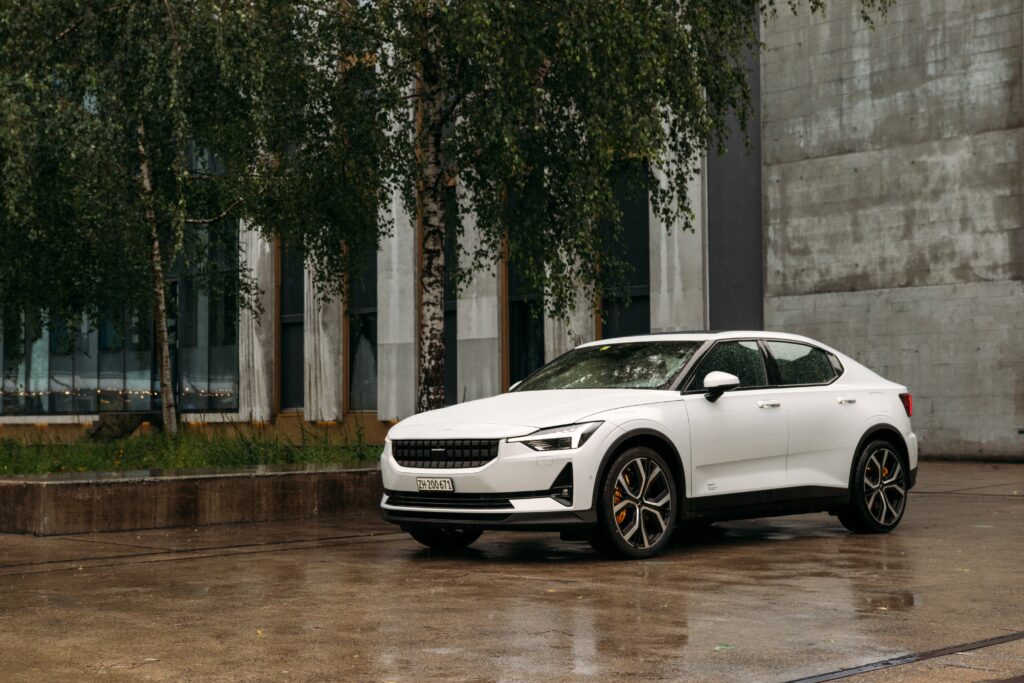A survey commissioned by Citadele Bank reveals that 29 per cent of respondents in Estonia plan to buy an electric car in the next five years, including two per cent who are planning to do so this year, 12 per cent in the next two to three years and 15 per cent in the next four to five years.
Fifteen per cent of respondents plan to buy an electric car in six-to-ten years, while 16 per cent say they aren’t planning to buy an electric car earlier than in 10 years. A third of respondents, or 33 per cent, say they are not planning to buy an electric car.
The ratios of respondents who are planning to buy an electric car in the next five years are highest in the 18-29 and 30-39 age groups – 39 per cent in both. The older the person, the less likely they are to buy an electric car.

In Harju County, Estonia’s largest county, 44 per cent of respondents plan to buy an electric car within the next five years; the ratio is smaller by half among residents of southern Estonia – Jõgeva, Põlva, Tartu, Viljandi, Valga, and Võru counties. A quarter of respondents in North Estonia and 38 per cent of respondents in South Estonia are currently of the opinion that they will never buy an electric car.
The share of electric cars in new car sales in Estonia was 3.4 per cent in 2022, compared with nine per cent in Latvia and seven per cent in Lithuania. Thirty-one per cent of respondents in Lithuania plan to buy an electric car in the next five years, 20 per cent are aiming to buy an electric car in the next six to 10 years, and more than 21 per cent of the population not within the next 10 years.
The share of electric car sales 8%
In Latvia, too, 31 per cent of residents plan to buy an electric car within the next five years, 17 per cent of people in the next six to 10 years, and 17 per cent in more than 10 years.
“While electric cars accounted for four per cent of new car sales last year, this September, the share of electric car sales in Estonia rose to eight per cent. This is a clear indication that electric cars are going to become very hot in Estonia in the coming years, as the survey conducted by Norstat shows,” Rainer Moppel, the manager of Citadele’s leasing arm, said.

In addition, he said, the car tax planned by the government will very clearly steer Estonian car buyers towards buying an electric car, which is why we can expect to see more interest in buying electric cars in the near future.
The survey commissioned by Citadele Bank was conducted in three Baltic countries by pollster Norstat, which interviewed a total of 1,001 people between 11 and 21 September.

